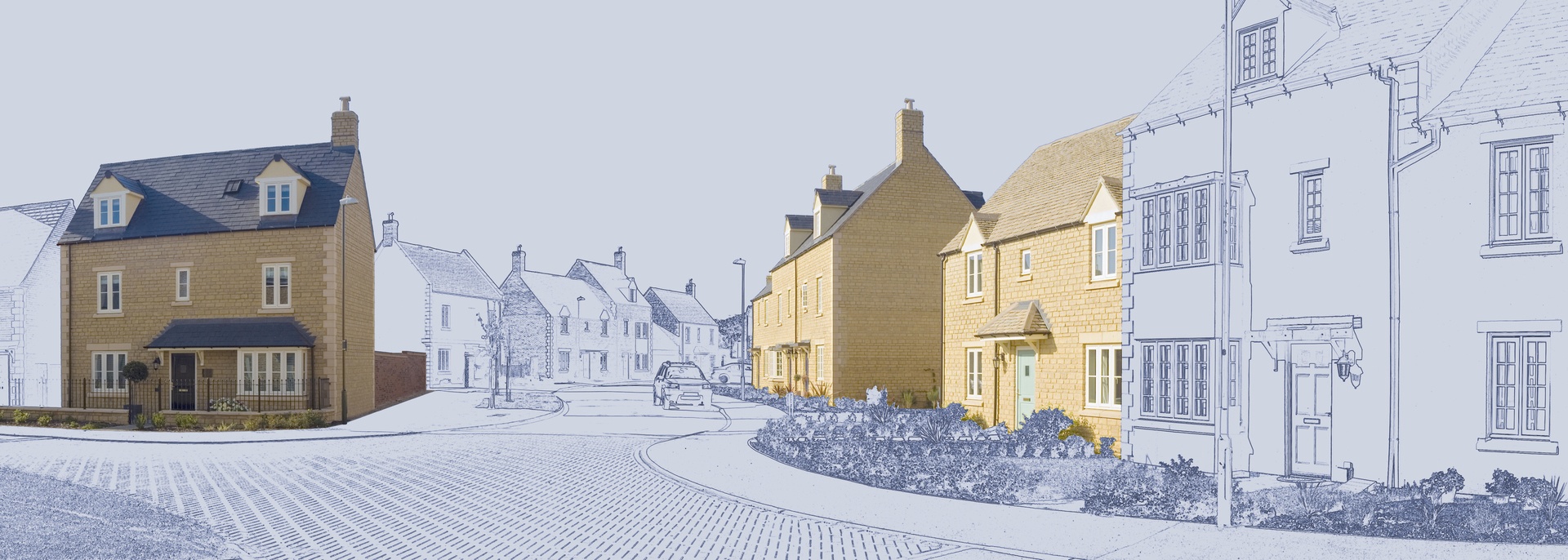When your initial mortgage deal term ends, your payments will be subject to change and will usually (but not always) be higher.
It is also normally the period where you have the most flexibility and freedom of choice on how to continue your mortgage journey, so making the right decisions is important.
To help you navigate the transition seamlessly, let’s dive into what happens when your mortgage term draws to a close and explore the options available to you.
What happens when the deal ends?
When the deal ends, most mortgages transition to the lenders standard variable rate (SVR). This change will affect your monthly payments, so you should be prepared for it.
As the name suggests, SVRs are subject to change. Changes to them are at your lenders discretion and not tied to the Bank of England base rate (as some mortgage deal rates are). They tend to be amongst the highest rates a lender has, so in most cases payments are higher than on most other mortgage options.
What are my options?
There are broadly 3 options available to you when your deal expires.
1. Remortgage
A remortgage involves switching your mortgage to a different lender. In essence, you repay your mortgage by starting a new one.
Remortgaging gives you the benefit of all the products available on the market. Changes in circumstances may mean a new lender is a better fit for you (e.g. extending the term or taking a cash advance against the value of your home).
Arrangement fees and the time taken to secure a new deal are usually higher and the new lender will apply checks on your application, which may include things like credit reports and/or affordability assessment to make secure an offer.
2. Product Transfer
A product transfer means transferring your mortgage to a new product (or deal) with your existing lender.
Applications are usually quick as your lender completed their assessments on your original application and have a history of your repayments with them.
The speed and convenience of a product transfer comes with a restricted range of products available based on what your current lender is willing to offer.
3. Standard Variable Rate
By not switching to a new mortgage product, either with your existing lender or elsewhere, your mortgage will continue in line with the original terms of your mortgage.
As you are not within the bounds of a mortgage ‘deal’ period, you have the most flexibility to repay the mortgage without early redemption charges (ERCs).
As stated above, SVRs are usually amongst the highest rates a lender has, so the enhanced flexibility often comes with a cost.
What should I do, and when?
The best option for you is determined by your circumstances, so before making any decisions, you should take a moment to review your overall financial situation. Consider your income, expenses, and long-term goals.
Our team of advisors can help you with this and research the mortgage market to help select the most appropriate course of action for you. They can also help with the administrative burden of arranging a new mortgage deal if appropriate.
Mortgage deals are usually valid for 6 months from acceptance. Your existing lender may write to you with new deal offers before this, they may or may not be the best options for you.
Speak to a mortgage advisor from 6-7 months before your deal expires to get guidance and secure the most appropriate mortgage for you.
In Conclusion
The conclusion of your mortgage deal marks the beginning of a new chapter in your financial journey. By exploring your options, and seeking advice, you can navigate the transition with confidence and ease.
